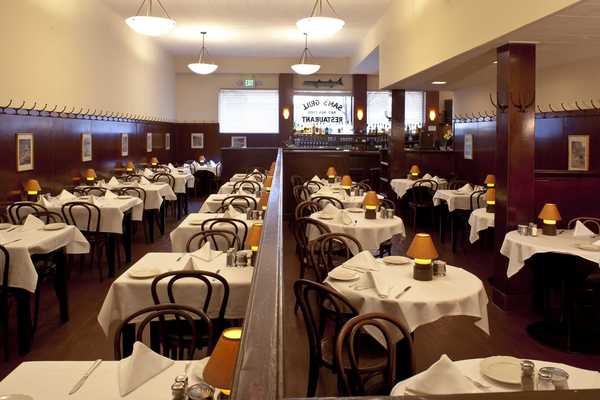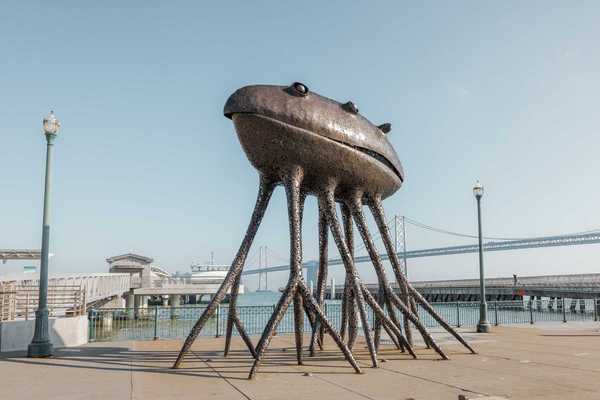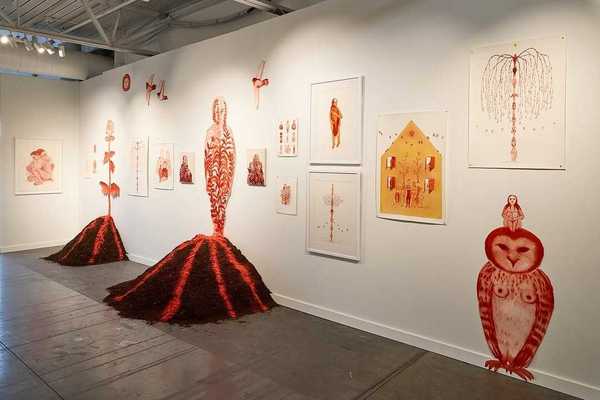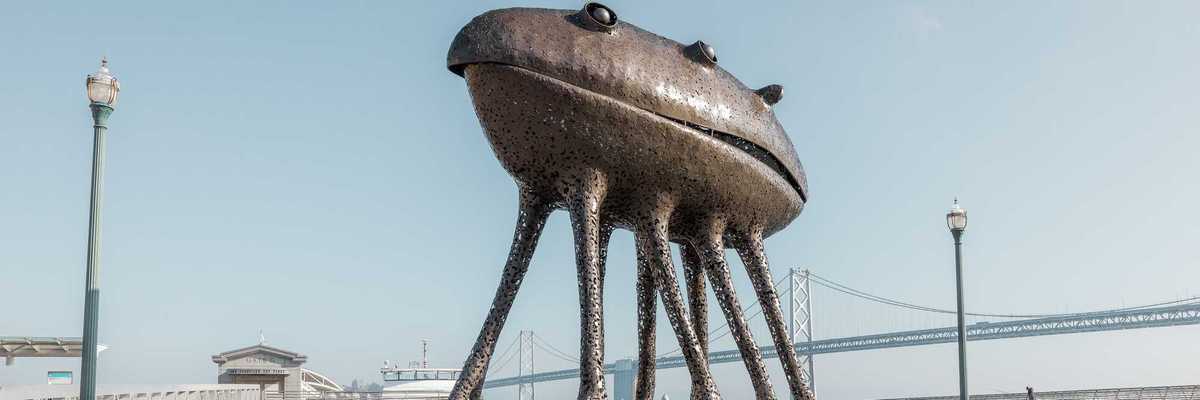“Comedy usually is for funny people.” So proclaims George Simmons, the world-famous stand-up and movie star whose premature death sentence – he is diagnosed with a rare, aggressive form of leukemia – provides the dramatic thrust for roughly half of Judd Apatow’s maudlin, wildly self-indulgent comedy Funny People.
George (Adam Sandler) is right, of course. As if to prove the point, Apatow has assembled a cast of gifted comic actors, including Sandler, longtime protégé Seth Rogen, Jonah Hill, Leslie Mann and Eric Bana, the Munich star who rose to prominence in his native Australia with his own sketch-comedy show. The resulting slog, clocking in a nearly two-and-a-half hours, is far less amusing than the sum of their talents.
What went wrong here? Funny People begins promisingly, as George, informed of his condition, vents his anxieties at a comedy club, stunning the crowd into silence. It’s there that he meets Ira (Rogen), an aspiring standup with raw talent but little savvy. Ira’s delivery betrays his insecurities: He stumbles from one punch line to the next, an eager puppy glancing hopefully at the audience for signs of approval. But George sees his potential and hires him to write jokes.
A common problem with movies about stand-ups is that they rarely give their comics anything truly comic to say. In Martin Scorsese’s The King of Comedy (1983), that was intentional – the movie, a calculated exercise in discomfort, invited us to watch a wounded man, desperate for fame but lacking any real insight, bomb his way through life. Punchline (1988) portrayed comedians as tragic figures in need of a hug; their profession, like their humor, was a painful reflection of their lives.
To Apatow’s credit – he also wrote the script – Funny People has a sharp ear for the rhythms of stand-up comedy. When George is on his game, he doesn’t exactly kill, but his riffs, which are predictably profane and obsessed with male genitalia, are edgy enough to seem real. And when he veers into darker territory, barely repressing his anger, Sandler’s personality complements the material.
Sandler has limited dramatic range, but in the hands of a director who knows how to highlight his strengths – Paul Thomas Anderson, for instance, who cast him as a hostile outsider in 2002’s Punch-Drunk Love – he thrives. There is a restlessness in the man, a violent, misanthropic side to all the characters he’s played, even in dumber-than-dumb comedies like The Waterboy and Big Daddy. Here, Apatow puts that nasty streak to use, with mixed results.
Unlike many of Sandler’s characters, George is sympathetic, if only to a point. He can be cruel, as when he condescendingly reminds Ira that he’s a lackey, not a friend. We know better, of course, but those flashes of anger are difficult to forget, precisely because they seem like pieces to a different puzzle than the one Apatow is putting together.
Give Apatow credit for resisting the urge to turn George’s brush with death into a happily-ever-after. The character is selfish to begin with, but he softens as he grows tighter with Ira; they find humanity in each other’s company. A rebirth of sorts appears to be in the offing, and yet when the miracle happens – recovery! – he becomes a bigger jerk than before.
George learns a lesson of sorts: Life is unpredictable, so find what makes you happy and stick with it. With that in mind, he and Ira head north to San Francisco, where George plans to win back his ex. She’s married with children, of course – these things are never easy – and the trip reveals George as a full-on S.O.B. When he’s sick, you feel for the guy; his rage seems justified. As a survivor, his self-centeredness is simply repellent.
George is not alone in his egoism. Ira, ever the sensitive sidekick – he sobs uncontrollably, to little comic effect, when the script calls for it – eagerly sells out his best friend (Hill) for a shot at the big time. Laura (Mann, of Knocked Up), the jilted ex who declares George the love of her life, plans to break up her family to be with him, kids be damned. (It comes as a surprise, though not a happy one, that her husband, a massage-parlor habitué played with cartoonish zeal by Bana, is one of the movie’s least objectionable characters.)
Funny People covers familiar territory for Apatow, whose previous male-bonding ventures (The 40-Year-Old Virgin, Knocked Up) were cheerfully vulgar and heartfelt. For a time, George’s illness grounds him enough to make his friendship with Ira seem believable. The two have a natural, unforced chemistry. But after George gets his clean bill of health, the movie loses its way.
Apatow has stretched things out before – he seems too attached to his characters to let their stories wind down to graceful conclusions – but never moreso than here. George’s reunion with Laura is a boorishly sentimental, tone-deaf contrivance, incongruously combining over-the-top farce with tender moments of self-realization. It’s a train wreck.
Did Apatow write himself into a corner? Perhaps. It’s no pleasure to report that his latest work self-destructs on the screen, or that the fallout leaves a sour aftertaste. In the end, Apatow, the Freaks and Geeks creator popularly anointed the new king of movie comedy, might have been wise to heed his own words: Comedy is for funny people, not the mean-spirited, self-obsessed dopes we’re left with in Funny People.
- Wine Country
- Holiday Gift Guide
- Holiday Recipes
- Events + Openings
- Workouts + Wellness
- Culinary Road Trip
- Cooking Videos
- COVID-19
- LGBTQ Pride
- Art + Design
- popular
- Test
- San Francisco
- East Bay
- Oakland
- Marin
- Silicon Valley
- Tahoe
- Secret Recipe
- Drink Here Now
- The Big Eat
- Play
- Tech
- Weddings
- Top Stories
- From Our Partners
- Property Porn
- Apartment Porn
- Brunch Topics
- Cannabis Insider
- Weekend Guide
- Neighborhood Guide
- Most Popular
- Travel
- Dining + Restaurants
- Cannabis
- 7x7 Cannabis Guide
- Bay Area Wellness Guide
- Shop Talk
- Music + Concerts
- Bay Area News
- News + Politics
- Manually populated


















